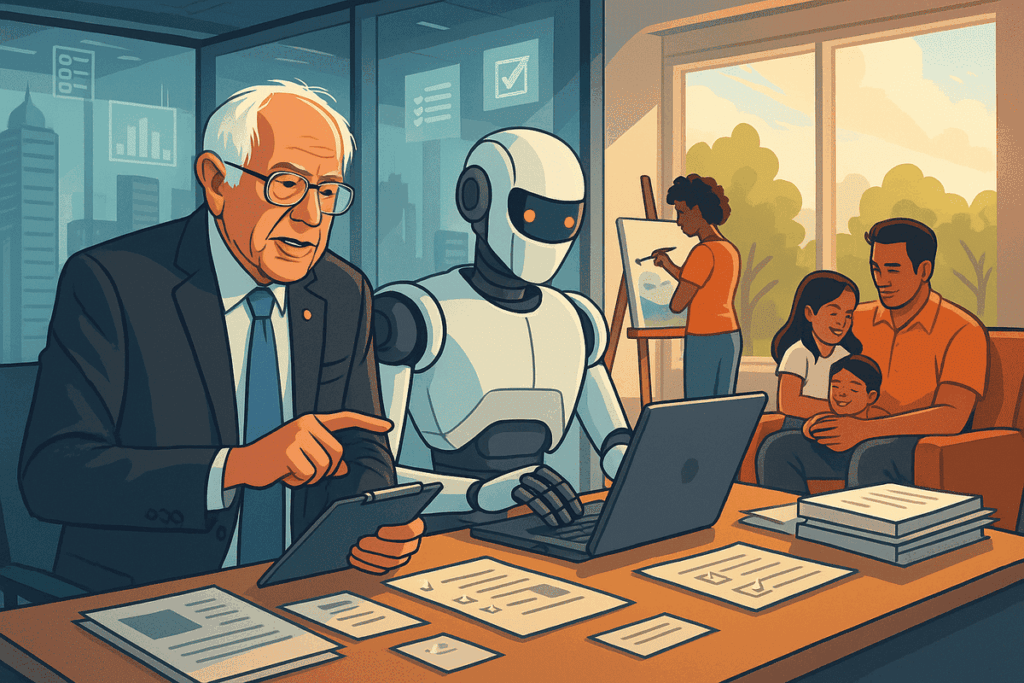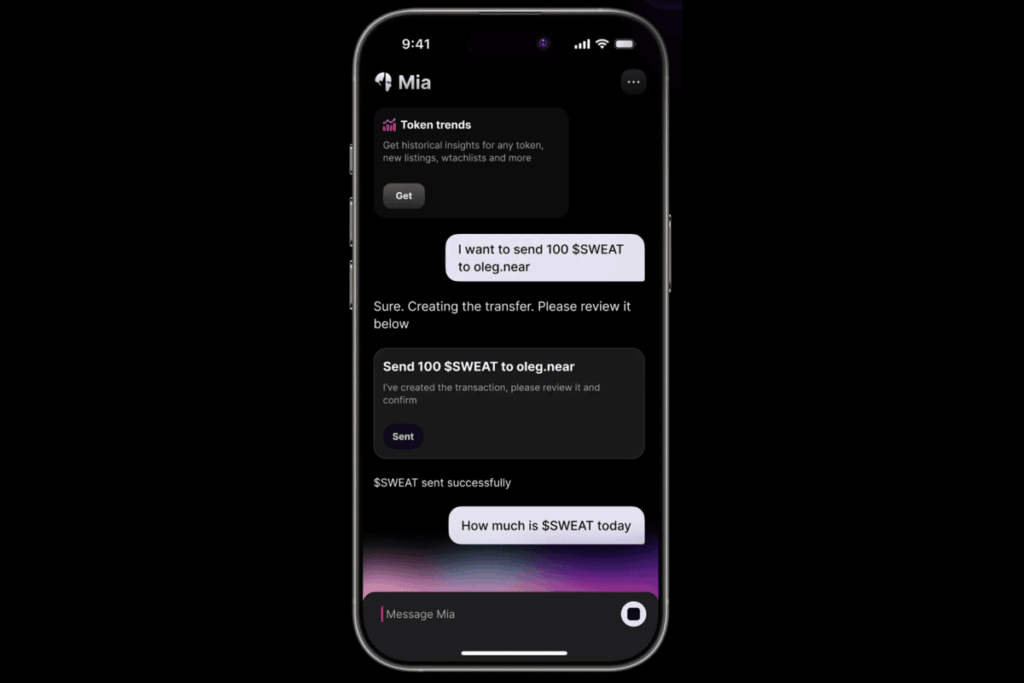- Bernie Sanders argues that the productivity gains from AI should lead to shorter workweeks, not layoffs.
- Sanders had introduced the “Thirty-Two Hour Workweek Act” mandating overtime pay for work beyond 32 hours.
- Microsoft Japan saw a 40% productivity boost with a 4-day schedule.
The clamour for shorter working days in a week is getting louder. Throwing his weight behind the idea is Vermont Senator Bernie Sanders, who in a recent episode of the Joe Rogan Experience argued that artificial intelligence’s productivity boost should translate into shorter workweeks for employees.
Sanders emphasized that gains due to AI shouldn’t just benefit shareholders or CEOs but must be shared with workers. “You are a worker, your productivity is increasing because we give you AI, right? Instead of throwing you out on the street, I’m going to reduce your workweek to 32 hours,” Sanders told Rogan.
Sander states that in today’s modern work culture, AI can help people finish their tasks faster, which makes room for more free time with family, self-improvement, or leisure activities. He noted that some companies and countries are already piloting shorter workweeks, have shown mixed but promising results.
Newsletter
Get weekly updates on the newest crypto stories, case studies and tips right in your mailbox.
Real-world evidence shows it works
For example, Microsoft Japan’s four-day trial reportedly boosted productivity by 40%, and U.K.’s experiment involving 61 companies saw a steady or improved revenue generation. This could advocate for shorter working weeks, as compressed schedules have not sacrificed output, shrugging off traditional corporate fear.
Sanders is already advocating for the “Thirty-Two-Hour Workweek Act,” which he introduced in March 2024. The bill mandates overtime for work beyond 32 hours and its implementation is to be done over four years.
Other economists have also supported such moves, adding that AI should empower workers, not eliminate them. They view shorter workweeks as a proactive tool to combat automation-related job losses. But critics have also warned that reduced hours could challenge labor-intensive industries or inflate costs, especially for small businesses.










